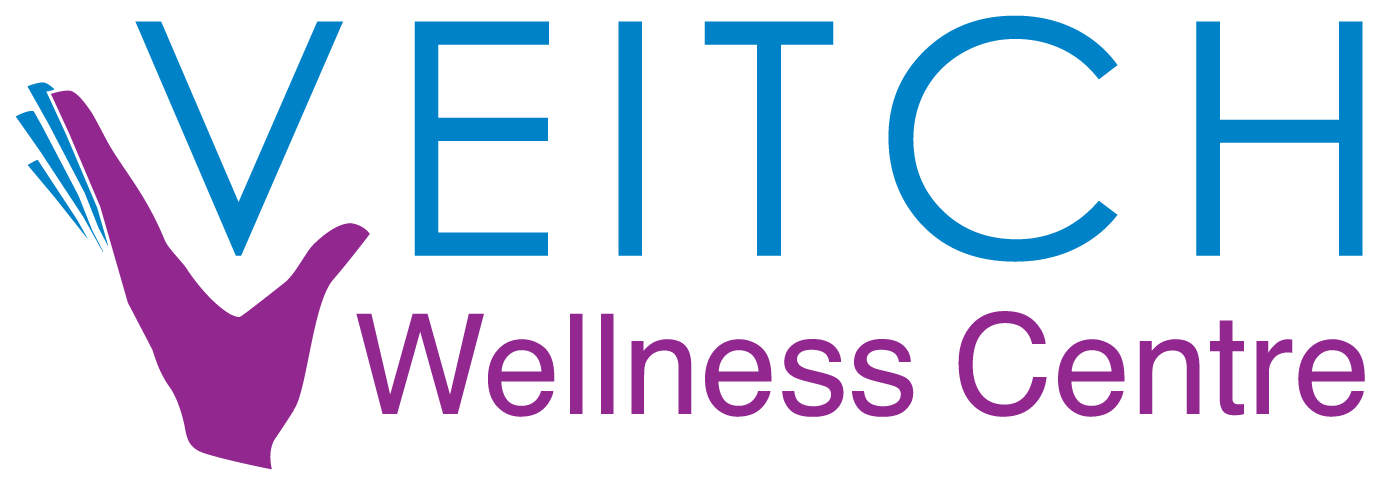Speech-Language Pathology & Reading, Writing and Spelling Disorders
We learn and share experiences about the world through communication. Communication includes listening, understanding, speaking, reading, and writing. The ability to communicate is essential for personal, social, and educational growth and affects quality of life. A Speech-Language Pathologist is a specialist who can assess, identify and provide therapy to children and adults in all areas of communication including articulation of speech production, motor speech disorders, understanding and using spoken language, and reading/writing skills development.
Speech and Language Disorders include difficulties in one or more of the following areas:
- producing speech sounds clearly (including articulation, phonology and motor speech disorders)
- recognizing and using vocabulary (difficulty finding the right words, forgetting word meanings)
- putting words together to make sentences (words in the wrong order, missing words, sentences fragments)
- understanding sentences
- following directions
- speaking smoothly without blocks, repetitions or tension (stuttering)
- using a clear voice with appropriate pitch, volume and clarity (including abnormal nasal resonance)
- pre-literacy and literacy skills (including phonological awareness, decoding, reading comprehension and writing)
How can a Speech-Language Pathologists help treat speech and language disorders?
A Speech-Language Pathologist is trained to assess and identify specific areas of disorder and delay and to develop appropriate treatment programs for children and adults. Therapy is planned to meet individual needs, and skills are practiced in the therapy setting and at home.
Types of speech and language disorders:
(Adapted from Canadian Association of Speech-Language Pathologists and Audiologists)
Articulation disorders – occur when a person cannot correctly produce one or more sounds (e.g., “date” for “gate”; “poon” for “spoon”). May be the result of delayed development, poor muscle control, cleft lip/palate, hearing impairment, or neurological damage from stroke or head injury.
Voice disorders – include inappropriate pitch, loudness, quality or total loss of voice. May result from damage to the vocal cords because of surgery, or from cleft palate, cerebral palsy, disease or yelling (vocal abuse).
Fluency disorders (stuttering) – a disruption in the normal flow or rhythm of speech. Characteristics may include repetitions of sounds, syllables, words or phrases.
Apraxia – a speech programming disorder that makes words and sentences sound jumbled or meaningless.
Dysarthria – a group of speech disorders resulting from paralysis, weakness or lack of coordination of the muscles required for speech.
Aphasia – a language disorder due to brain damage or disease resulting in difficulty in formulating, expressing, and/or understanding language.
Dyslexia – A specific learning disability characterized by difficulties with accurate or fluent word recognition and poor writing, spelling and comprehension.

